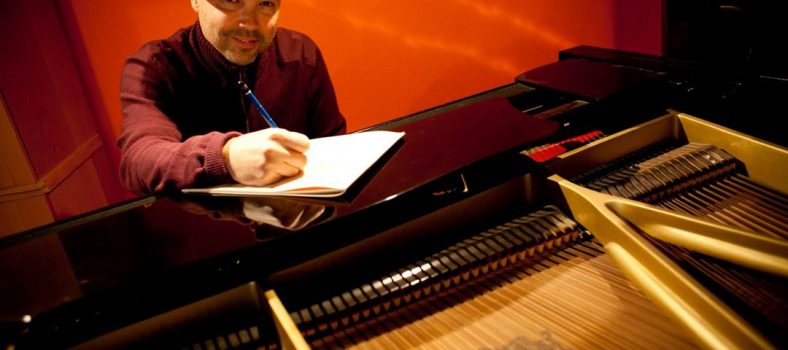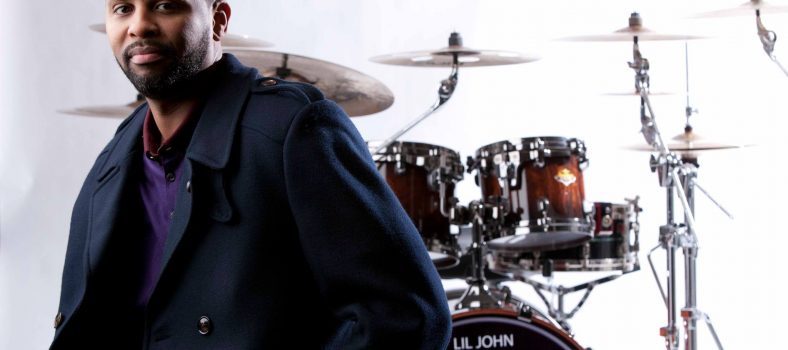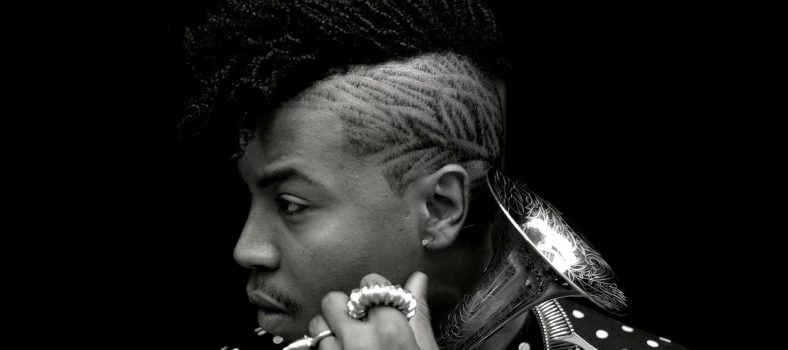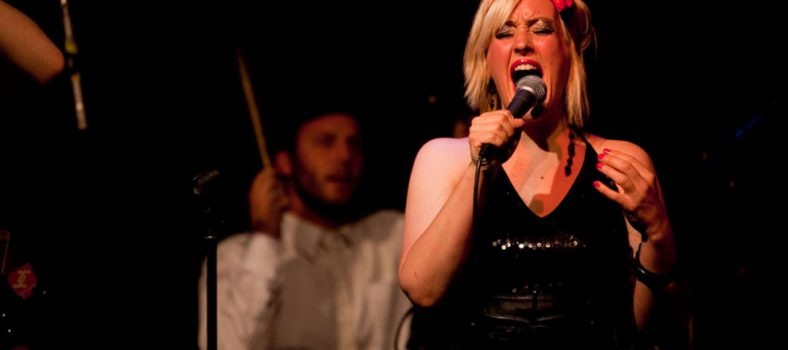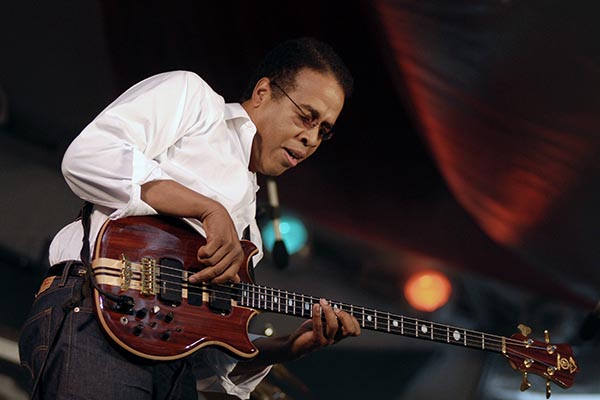
Miroslav Vitous, George Benson, and George Benson’s drummer didn’t show up [so] Philly Joe Jones played, and then The Giants of Jazz with Art Blakey,Dizzy, Sonny Stitt, Curtis Fuller, Al McKibbon and Thelonious Monk. Miles was amazing, but I think Dizzy wanted to let the world know that he could outplay Miles. So as great as Miles was, Dizzy was blowing the house down. The Giants of Jazz stole the show that night. I mean, Miles was still amazing, but Art Blakey took a drum solo on A Night in Tunisia and played so much, the last band was supposed to be Maynard Ferguson and he never got a chance to play. The next time that I saw Dizzy was a year later. Dizzy was playing with his real band, a quartet. Dizzy saw my brother and I in the audience, these two little kids. He stopped in the middle of his show and said ‘What are you two little kids doing here?’ He made us stand up so the audience .
Jon Faddis: First of all, I was blessed with a certain level of talent. I think it was a matter of meeting people. When I was in my teens, I was a shy kid. A lot of people would think, “Who is this shy kid?” Then they would hear me play and say “Oh, oh.” I was basically living a dream. When opportunities presented themselves, I just wanted to play my horn. Mingus would say, “You want to go to Europe? You want to play this piece?” I would say, “Ok.” I don’t feel like I fell into any wrong crowds. I don’t do any drugs, I don’t drink alcohol. I was a vegetarian at that time. I was pretty much on the straight and narrow. I think a lot of older jazz musicians at that time latched onto that philosophy, saw it and respected that.
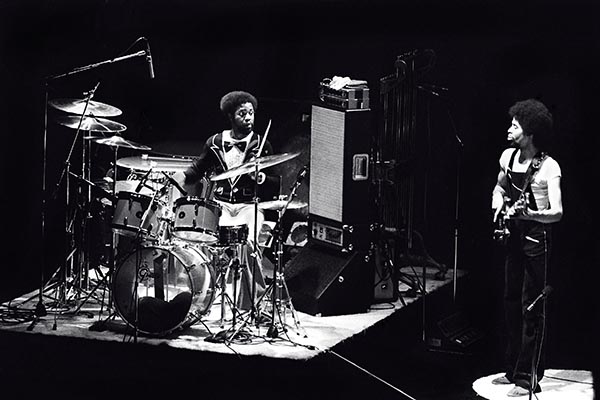
iRJ: Your parents were molding you and your siblings into the music ministry of the church, when you decided to take a different turn, how did doing that affect your father?
RF: Amazingly, my parents were very understanding, opened minded, and non-judgmental about it, when I look back, I kind of marvel at it now. They respected my choices. After high school, I stopped attending church; it wasn’t anything I wanted to pursue any further. They’ve encouraged my interest in music. I owe a great deal to my parents.
iRJ: You dropped out of college to pursue your musical career. In retrospect, do you have any regrets?
RF: Early on I was interested in Jazz, and couldn’t see really beyond that. Now, if I could do it over again, I would pursue studying music in a university setting. Now, as I look back, I would have learned: evolution of Western music; orchestration; legitimate composition techniques; conducting…great skills for any musicians to have regardless of genre. I’ve since studied, on my own, some of that stuff; written and conducted a few times. I took the “long way around;” there was a more direct route to gaining those skills.


